Chinese Herbalism
Herbalism is a major branch of Chinese Medicine despite being much less known in the West compared to acupuncture. While both treatments are governed by Traditional Chinese Medical theory, their applications and approaches are slightly different.
One of the greatest features of herbal medicine is the ability for practitioners to customize formulas to meet the needs and constitutions of every patient. For example, if a patient's digestion is a concern, the practitioner may add, remove, or change the dosage of certain herbs in order to make the substances in that formula more available and/or avoid any unwanted side effects.
How are herbs taken?
There are three major ways herbal medicine is taken in the modern era:
Raw herbs are the strongest preparation. This involves cooking the actual substances (roots, barks, branches, minerals, etc.) received from an herbal pharmacy and drinking the strained liquid. This process can be time consuming and complicated, so many herbal pharmacies offer a service to cook and vacuum seal raw formulas for patients. This allows the practitioner to tailor the formula to the patient's needs, as well as guarantee proper preparation and freshness.
Granules are previously cooked and dried herbs that can be taken by mixing in water or within a capsule. This is a convenient and effective way to take herbs, as it still allows the practitioner to modify a formula, but reduces the complexity of preparation.
Patent Formulas are ready-made pills that have been produced by a manufacturing company. These offer the highest level of convenience but the least amount of customization. Additionally, it is extremely important to get these patent formulas from companies that allow their products to be independently tested for quality control.
Are herbs safe?
Yes. With a trained and licensed practitioner, Chinese herbs are absolutely safe.
However, it is important to note that the quality of herbal medicine can be questionable. In the U.S., herbs are classified as "food and supplements," and therefore have much looser regulations than other medical substances. This being the case, it is imperative that your practitioner provides herbs from clean manufacturers, as well as a pharmacy that has their herbs independently tested for heavy metals, pesticide residues, and microbial contamination.
Can I take herbs while taking Western drugs?
The short answer is: it depends.
It is entirely possible to take herbs while on pharmaceutical drugs, however, it is crucial that you provide your practitioner with a complete and up-to-date list of medications and supplements you are currently taking in order to avoid undesirable interactions. Chinese herbs, while developed and grown naturally, are still pharmacological compounds that may interact with Western drugs in negative ways. A well-trained, board-certified practitioner will be able to assess and avoid these types of interactions.
Chinese herbs should only be taken under the supervision of a practitioner who is nationally certified in either Chinese Herbology or Oriental Medicine by the NCCAOM (National Certification Commission for Acupuncture and Oriental Medicine).
One final note
The cost of herbs is additional to treatment, and I would like to be clear that I sell herbs at cost. I am not affiliated with any herbal manufacturers, and I want patients to know that if I am encouraging an herbal formula, there is no financial incentive involved in the clinical decision making process.
